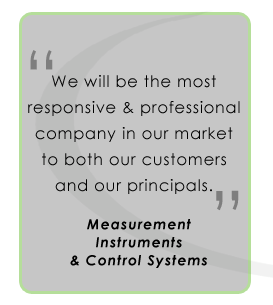|
Gantner Instruments Case Study:
The Importance of Modern Data Management and Gantner’s Software Solution
April 2019,
MARIETTA, GA ~
A new study by Gantner Instruments shows two opposing trends: aircraft structures are becoming increasingly complex, whilst development times need to be shortened. Test engineers are continuous being pressured to look for ways to reduce test time and risk.
A typical airframe fatigue test is divided in a number of fatigue load blocks. At the end of each flight block the test is stopped and the specimen is inspected for cracks. These manual inspections are time consuming and the time interval between these inspections is relatively large. Structural abnormalities may be detected too late, which could lead to retrofitting in-service aircraft in a worst-case scenario. Condition Based Inspections (CBI) of the specimen, instead of Risk Based Inspections (RBI), is a potential solution to reduce the total fatigue test duration and to quickly detect abnormalities. One of the implications is that more sensors are required to monitor the behavior of the test specimen and to detect or predict structural failures.
“A full-scale airframe fatigue test can generate data at rates of up to 10 MB/s, totaling to hundreds of terabytes at completion. Data processing and analysis is a major bottleneck.”
Minimize your investment cost for IT and storage infrastructure in the test lab, whilst maintaining the necessary computing performance for test-critical data analysis tasks. Measurement data that you need to accessed right away (hot data) is available in the database. Data that you access less frequently, and is only needed for auditing or bookkeeping purposes (cold data), is kept in the stream processing platforms.
Raw measurement data is safely stored in redundant, fault-tolerant clusters for automated backup. Flexible data aggregation ensures that your measurement data is continuous logged to the database at low sample rate. The database can replay the same data and store it at a higher sample rate in case detailed analysis around an unexpected event or specimen failure is required.
Powerful querying capabilities enable you to analyze large amount of measurement data on-the-fly. Trend monitoring over the entire life of the fatigue test will quickly identify any significant change in strain between repetitive load conditions. Fatigue prediction and crack probability algorithms can identify possible loss of structural integrity during the test and immediately inform you when deviations occur.
|





